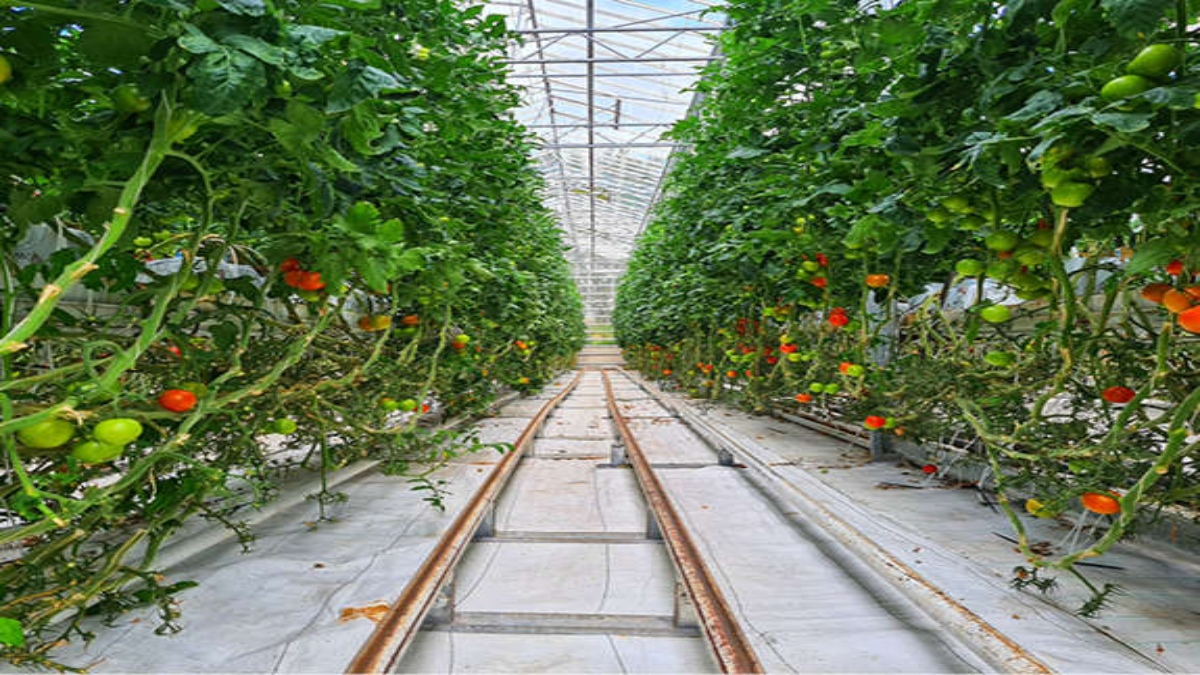


Stubble burning, that has been a headache for this region’s people for a long time, is claimed to be reduced as farmers have now started adopting organic farming in Punjab. Kheti Viraasati Mission (KVM) survey 2021 is found to be much solacing as it claims farmers are more into adopting mulching technique than burning the stubble.
From a sample size of 350, it was found that 89.3 percent of farmers stopped practicing stubble burning. 106 farmers adopted mulching despite burning the stubble, 48 started manuring, 47.2 percent told in the KVM survey that they have been practicing stubble burning before adopting organic farming. 48.7 percent of farmers are highly satisfied with organic farming, and 34.3 percent of farmers are satisfied respectively.
99.0 percent feel happy about doing organic farming. KVM which is a Jaitu based civil society ecological and organic farming action group working in the region since 2005 claims that 98.4 percent of farmers got health benefits after adopting organic farming.
Umendra Dutt, Executive Director, Kheti Virasat Mission told The Daily Guardian, “By doing organic farming, farmers have increased the knowledge of environment and health because organic farming comprises a larger perspective and it’s for the benefit for all. 93.5% of farmers feel that their level of awareness, knowledge, information, and understanding has tremendously increased after starting Organic Farming.”
“When asked a supplementary question, what is the reason behind that? The answer is very simple: Organic Farming taught us to think differently. We are more sensitive, more keen observers, and much more compassionate to Nature. We can see, listen and understand the voices of Nature, Soil, Plants, and insects,” Dutt added.
Knowing and managing the pest is the key to organic farming. There is no need for pesticides if the pest is identified and we know its nature as all the pests and insects are not harmful to our crops and vegetables. Some pests are crop friendly that’s why pest literacy is an important component of organic farming. 72% of farmers are aware of pest literacy after starting organic farming, Dutt said.














